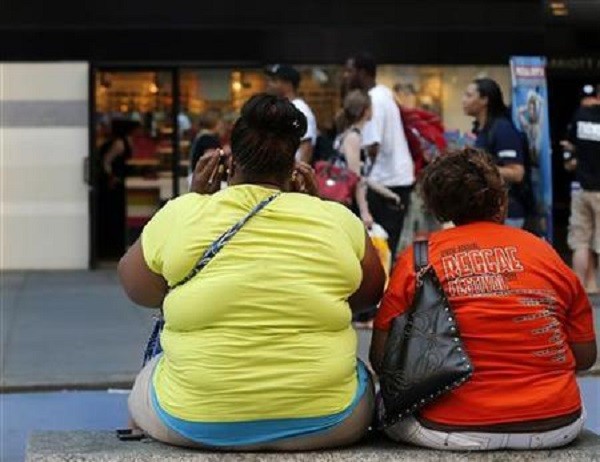While the rate of obesity in the United States has set off alarm bells among the health-conscious, a new study reveals its impact is proving to be a weightier issue for the economy than previously considered.
The startling figures which imply the cost of fending off repercussions of the battle of the bulge have now tripled, the study conducted by the Brookings Institution based in Washington, revealed.
The study, titled "An In-Depth Look at the Lifetime Economic Costs of Obesity," ran possible cost projections on hypothetical clusters of those between the ages of 22 and 24.
Researchers conducting the study determined the lifetime cost incurred to sustain those of the obese group would be US$ 90,000 more than for those in the group who had a normal Body Mass Index (BMI).
Mathew Kasman, a researcher at the Brookings Institution, who presented the study's findings, told the Washing Times, the figures were merely the tip of an iceberg in terms of the economic impact obesity had on the US economy.
Mr. Kasman added that rather than a moral obligation for the US government to care about the health of its citizens, the results indicated a clear economic interest to intervene.
Among the reasons for the higher impact rates in the study Mr Kasman explained that the research took into account "presenteeism" and "absenteeism."
These two indicators as revealed by the study took into account instances of missing out on work by those suffering with obesity and the lack of productivity when present at workplaces.
The Washington Times reported the findings of a study in 2010 which suggested that the overweight worker presented a larger drop in workplace productivity and a higher cost in terms of health benefits.
In terms of figures, the Brookings study has suggested that should 12.7 million obese children remain that way to adulthood, the total societal cost to sustain the group would top more than US$ 1.1 trillion through the course of their lives.
The above figures amount to 6.6 percent of the current Gross Domestic Product (GDP) of the U.S. the study revealed.




























